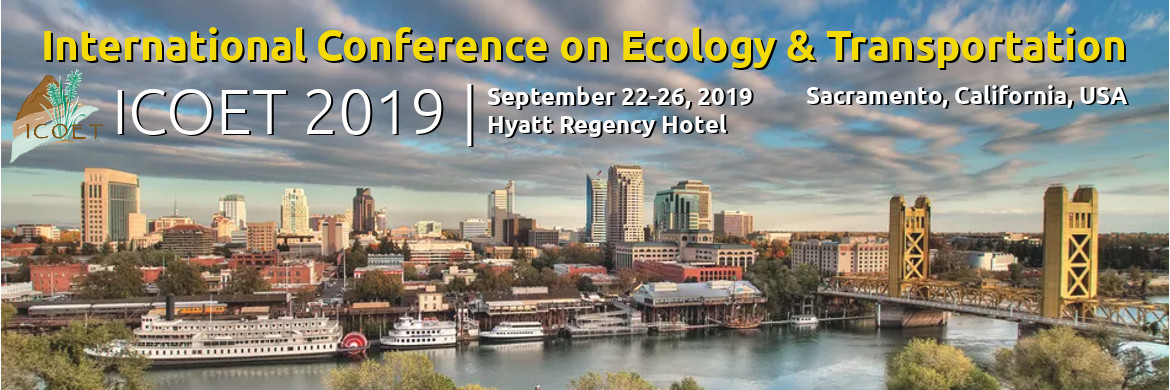Roads and railways have a significant impact on large carnivore conservation, as they directly cause mortality of individuals and are a factor in habitat fragmentation. Based on the experience of the LIFE STRADE project (www.lifestrade.it), which ran from 2013 to 2017 and developed an innovative Animal Detection System (ADS) device for preventing animal-vehicle collisions in Italy, a new LIFE project is being undertaken to transfer best practice to other areas and to apply the device to prevent large carnivores and other wildlife road mortality. The LIFE SAFE-CROSSING project is developed by 13 partners' organisations and will last till 2023. It is focused on three priority species of large carnivores in four European countries: the Marsican brown bear (Ursus arctos marsicanus) and the Wolf (Canis lupus) in Italy, the Iberian lynx (Lynx pardinus) in Spain and the Brown bear (Ursus arctos) in Greece and Romania. These target species are severely threatened by road infrastructures, in terms of direct mortality and habitat fragmentation. The main aims of the project are to apply actions preventing animal-vehicle collisions (AVC) and reduce habitat fragmentation, to develop a geodatabase and implement a risk model, to raise drivers' awareness and promote discussion on the impact of roads on biodiversity at scientific and management level. A total of 27 AVC prevention systems will be applied consisting of an ADS that activates when a car is approaching and do not slow down, a sign warning drivers of the presence of a large animal beside the road and a scaring system to prevent the animal from entering the circulation platform. A complementary 30 km of roads will be equipped with innovative roadside electronic devices combining sound and light to make large carnivores aware of the presence of cars and over 100 underpasses will be adapted as multifunctional wildlife crossings. Overall actions will cover around 400 km of roads in the 4 project countries. A geodatabase will be developed and models of the AVC risk will be implemented. A neuromarketing research technique will be used to produce road signs that are specifically designed to raise drivers' awareness of road kill problems and to encourage them to adopt suitable driving behaviour. A specific information campaign will be carried out with local driving schools, and a thematic video-game will be developed to involve and attract young people. The project is a tool to face the problems of the impact of roads on biodiversity, involving road and nature administrations, NGOs and private bodies at international level. It provides an innovative approach to reduce road mortality and is an opportunity for replication inside and outside the project area.
